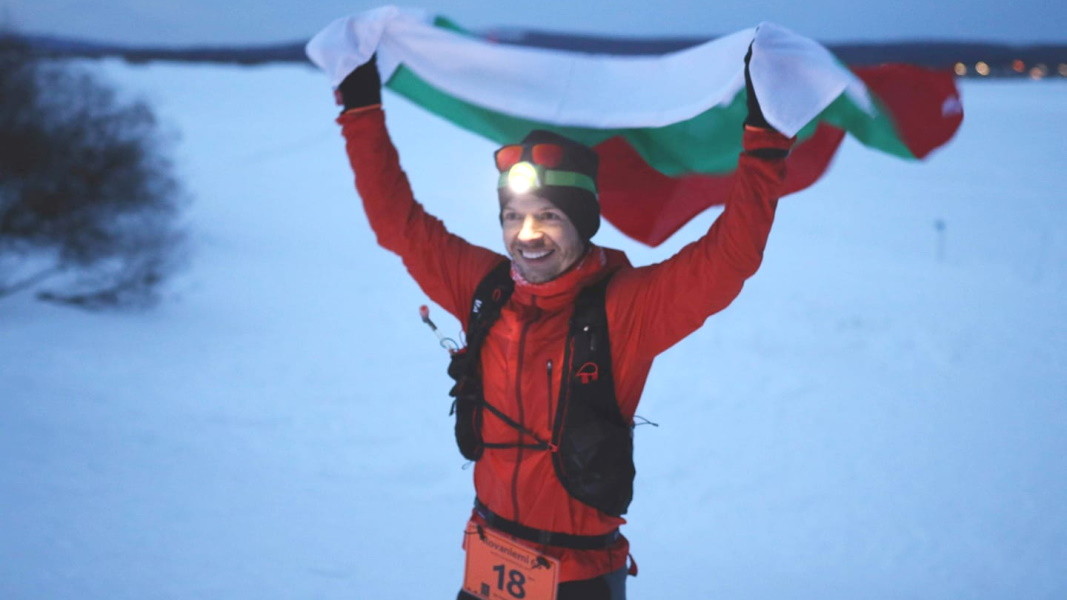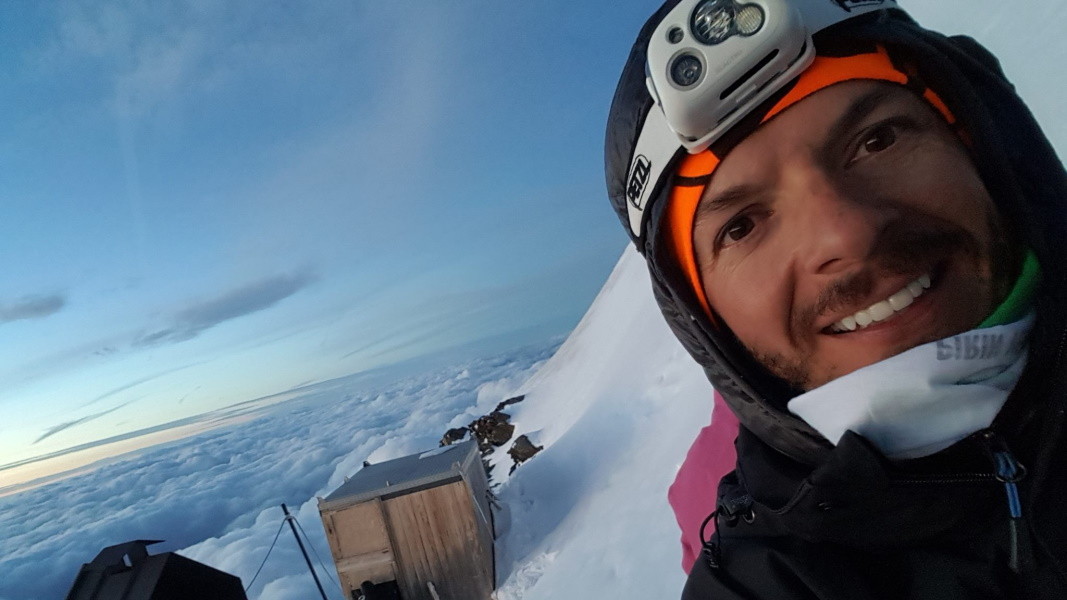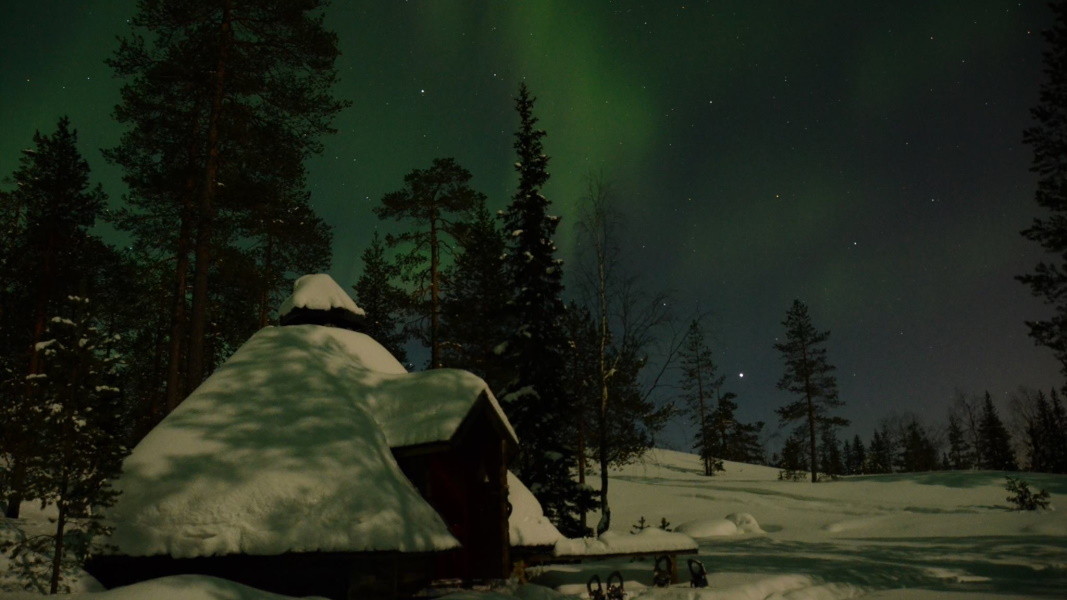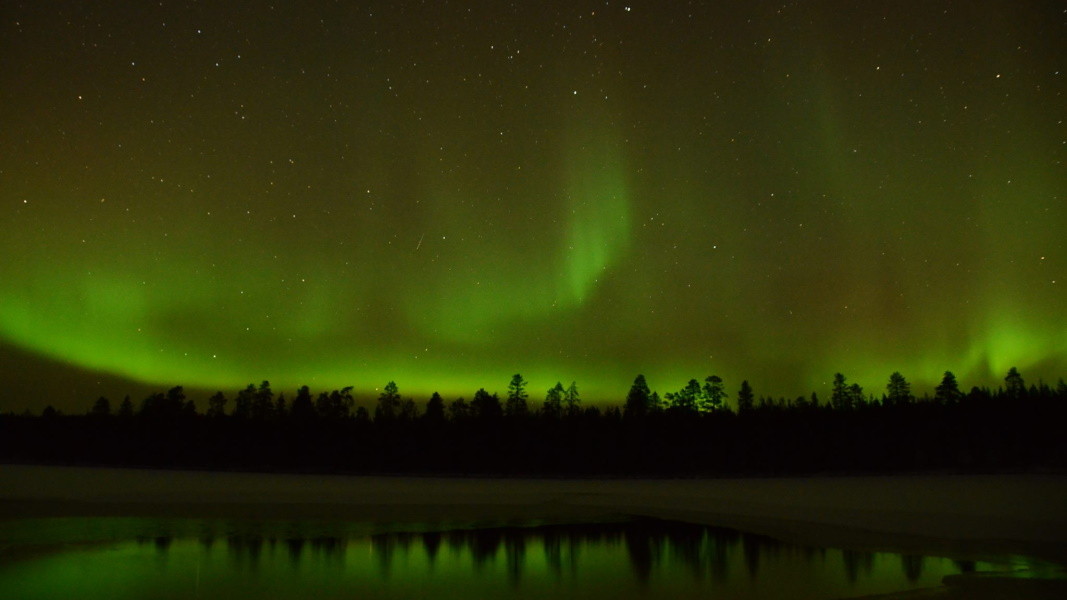The number of Bulgarians abroad who applied to vote at the forthcoming Parliamentary elections on April 4 is twice bigger than the number of those who cast their ballots during the general elections in 2017. Bulgaria has opened a total of 465 polling stations abroad for this year’s general elections. 4 polling stations will be set up in Finland in the towns of Helsinki, Turku, Rauma and Tampere. 93 expatriate Bulgarians in Helsinki, 77 in Turku, 73 people in Rauma and 68 Bulgarians in Tampere have submitted applications for voting abroad. Thirty-six-year-old Martin Stefanov will cast his ballot in one of the polling stations in Finland. Martin has been living in the town of Rovaniemi (Lapland province) for six years now, where he works as a tour guide. He will have to travel 700 kilometers to the nearest polling station, in order to exercise his right to vote.

“Finland is not that large in terms of land area, but it is an elongated country and I live in the far north. There are several polling stations in the southern part of the country. As far as I know, there is only one other Bulgarian who lives so far north. There are many more Bulgarians in the southern parts of Finland near the big cities – Helsinki, Turku and Tampere, but the Bulgarian diaspora in Finland is not that large”, said Martin

Martin’s adventure in Finland began in 2012. He went to that country under the Erasmus programme when he studied Tourism Management. He fell in love with the place and the local university and returned there to complete a master’s degree programme in Tourism, Culture and International Management. Later, he started to work as a tour guide. “I have always liked the North – the landscapes, the nature and the fact that fewer people live there,” said Martin. He films the beauties that captivate him and uploads the videos to his Youtube channel . In these videos, he tells about his life in Lapland, how to run in the Arctic when it is minus 30 degrees Celsius outside, or how to make an igloo.

It is very cold in Lapland. The average winter temperature is minus 25 degrees Celsius. The cold air comes from Siberia. It is very dry which makes the low temperatures more bearable, as compared to some wetter areas in Finland. The light, or the lack of light, is another story.

“For me personally, this is the most difficult thing during the winter, because we only have about two hours of daylight. When I say daylight, I do not mean that it is very bright outside. In November and December, I do not see the sun at all. This phenomenon is called polar night and it is very hard for me to find motivation for anything during that time. I become lethargic and everything requires a great deal of effort.”

Martin learned from his life in Lapland that people can be stronger than what they think, as long as they have an internal motivation. Walking or running in the nature, regardless of the atmospheric conditions, is what motivates Martin. It is enough to be well equipped, drink water and be reasonably reckless.

Martin does not want to compare Bulgaria and Finland. In his view, both countries have their own beauty and charm such as the Rila Mountain and the Northern Lights.
Edited by: Vesela Krasteva (interview of Norizont channel, BNR)
English version: Kostadin Atanasov
Photos: facebook/martin.stefanovOne of the most ancient breeds in Europe, the Karakachan dog is the first Bulgarian indigenous breed of farm animal recognized by the Animal Breeds Commission of the Ministry of Agriculture in 2005. It owes its name to the nomadic sheep breeders known..
The tailor shop of the Pedrie and Mümin Mestan family is located on one of the busiest streets in Brussels’ Schaerbeek district. They are originally from Kardzhali but have been living abroad for more than 35 years. In the summer of 1989, they left..
The Balkan Mountain, ceramics and the plum fruit are the emblem of the Troyan region. And the locals know how to preserve their traditions. The event that marks the end of the agricultural year at the end of each September – the Bulgarian Plum Festival –..
With a concert by the Slavey Quartet created by folk singer Nadka Karadzhova and a conversation about the problems of our compatriots..
Athens is under pressure to sell fighter jets that would be delivered to Ukraine Greece is reluctant to provide high-tech military..

+359 2 9336 661
